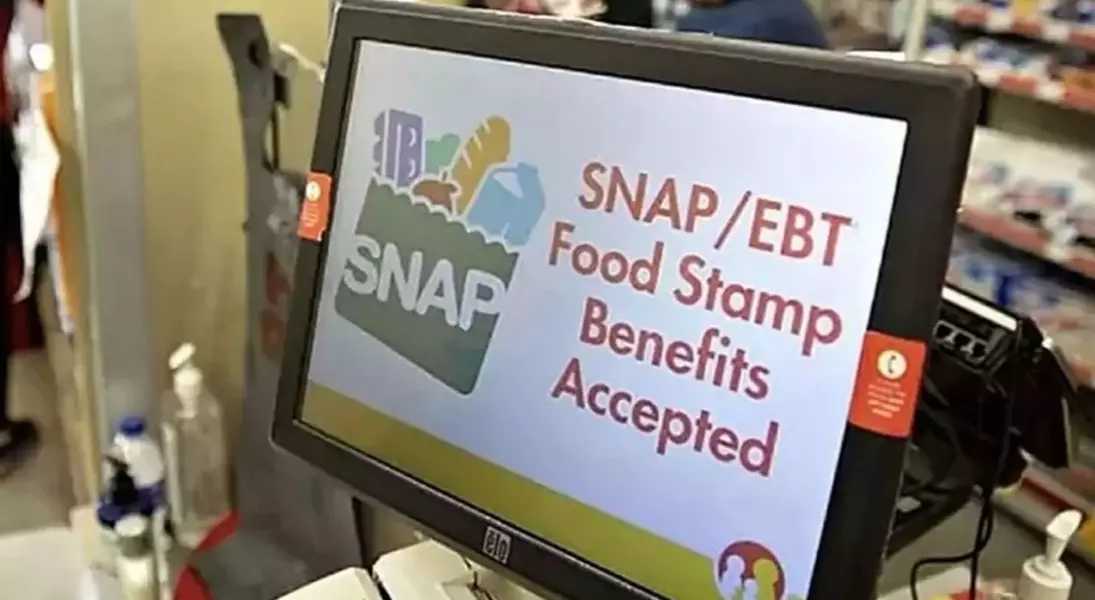
In the summer of 2025, a significant initiative known as SUN Bucks aims to provide essential nutritional support to families with children during school breaks. This U.S.-based program addresses the gap in food access that occurs when schools are closed, ensuring that households without sufficient resources can still afford healthy meals. The challenge faced by many families lies in maintaining a balanced diet outside the school environment, where affordable options often lean toward less nutritious choices.
The summer months bring unique challenges for thousands of American families who rely on school-provided meals throughout the academic year. As vacations begin, these families must independently manage their children's nutrition from home. Economic pressures make it difficult for them to sustain both financial stability and a healthy eating regimen, particularly since unhealthy food options tend to be more budget-friendly.
Families eligible for this assistance include those participating in programs like SNAP, TANF, or FDPIR. Children enrolled in schools offering National School Lunch or Breakfast Programs are automatically included in the SUN Bucks initiative. For others not currently part of these schemes but meeting income criteria, direct contact with SUN Bucks is encouraged to enroll. Each qualifying child receives $120 for grocery purchases at authorized locations such as supermarkets and farmers' markets.
To ensure funds are used effectively, certain restrictions apply. Items such as prepared hot foods, pet supplies, and cleaning products cannot be purchased using these benefits. Eligible items encompass fresh produce, meats, dairy products, bread, and cereals, among other staples necessary for a well-rounded diet.
This program represents a crucial safety net, helping bridge the nutritional gap for families during the summer break. By providing financial support specifically designated for food purchases, SUN Bucks enables parents to offer healthier meal options despite economic constraints. Through careful management of resources and clear guidelines on permissible purchases, the initiative promotes better dietary habits while alleviating financial burdens on vulnerable households.
